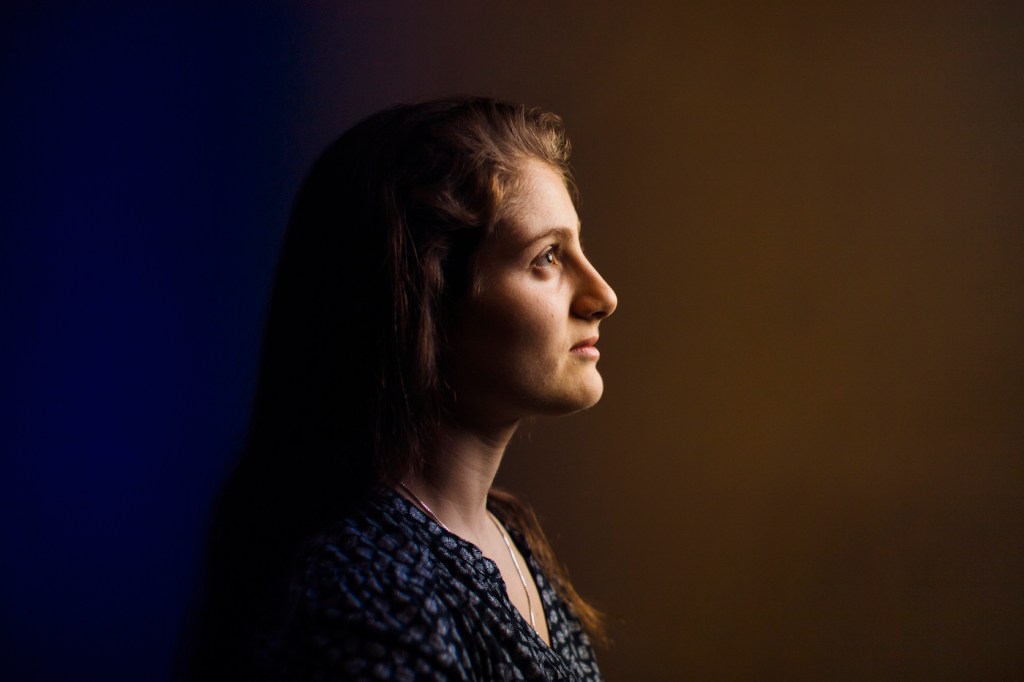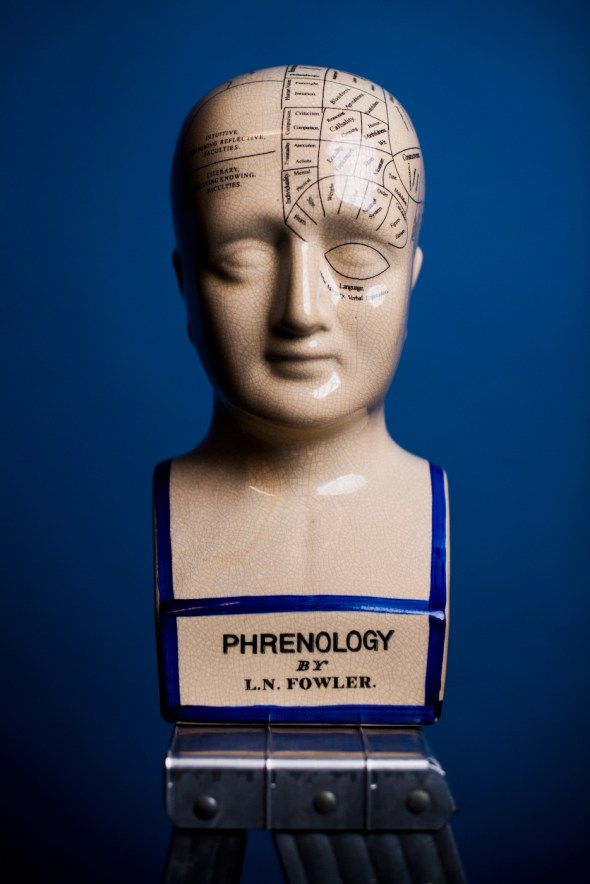Northeastern’s Brain Awareness Week underscores need to ‘make world a healthier, more informed place’

There are blood tests for diabetes. There are tools for measuring heart rate and blood pressure. But there’s no vital sign for mental health disorders or measuring tool for cognitive processes. Newton Howard, a neuroscientist and the keynote speaker at Northeastern’s Brain Awareness Week, is working to change that.
Howard will deliver a talk on Wednesday evening called “The Future of Brain Sensors and Implants,” where he will explain how we can use machine learning algorithms and computational analyses to model complex cognitive activity, from emotional states to higher order functioning.
Howard is director of the Synthetic Intelligence Lab at the Massachusetts Institute of Technology. His lecture is part of a weeklong series of events celebrating Brain Awareness Week, hosted by the Northeastern NEURONS student organization.
“NEURONS is a group of students across all disciplines. We have business majors, we have finance majors, engineers. It’s students coming together for their mutual love and interest of the brain,” said Fae Kayarian, S’19, a behavioral neuroscience major and vice-president of NEURONS.

“Neuroscience isn’t just cells firing-it can inform every aspect of life,” Kayarian said. “It’s as small as one cell’s behavior and as big as global and social communities. It can unite us and excite us about learning about each other and making the world a healthier and more informed, vibrant place.” Photo by Adam Glanzman/Northeastern University
Kayarian organized the week of events, which includes a blood drive on Tuesday in collaboration with the Brigham and Women’s Blood Drive truck, Howard’s keynote address on Wednesday, and a talk on Thursday with Li-Huei Tsai, director of a lab at MIT’s Picower Institute for Learning and Memory.
Tsai’s research has found that flashing LED lights at the gamma frequency—40 times per second—cleared plaques from the brains of mice that are known to be associated with Alzheimer’s disease. She is now working to see how the technique might be applied to humans.
Events during Brain Awareness Week are free and open to the public. Kayarian said the talks are meant to be accessible to anyone with an interest in learning more about the brain.
“Neuroscience isn’t just cells firing—it can inform every aspect of life,” Kayarian said. “It’s as small as one cell’s behavior and as big as global and social communities. It can unite us and excite us about learning about each other and making the world a healthier and more informed, vibrant place.”





